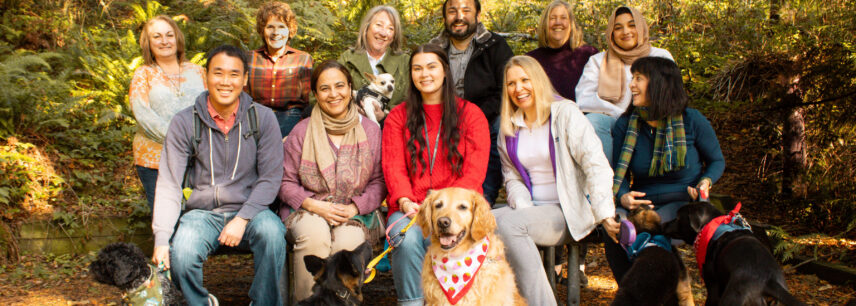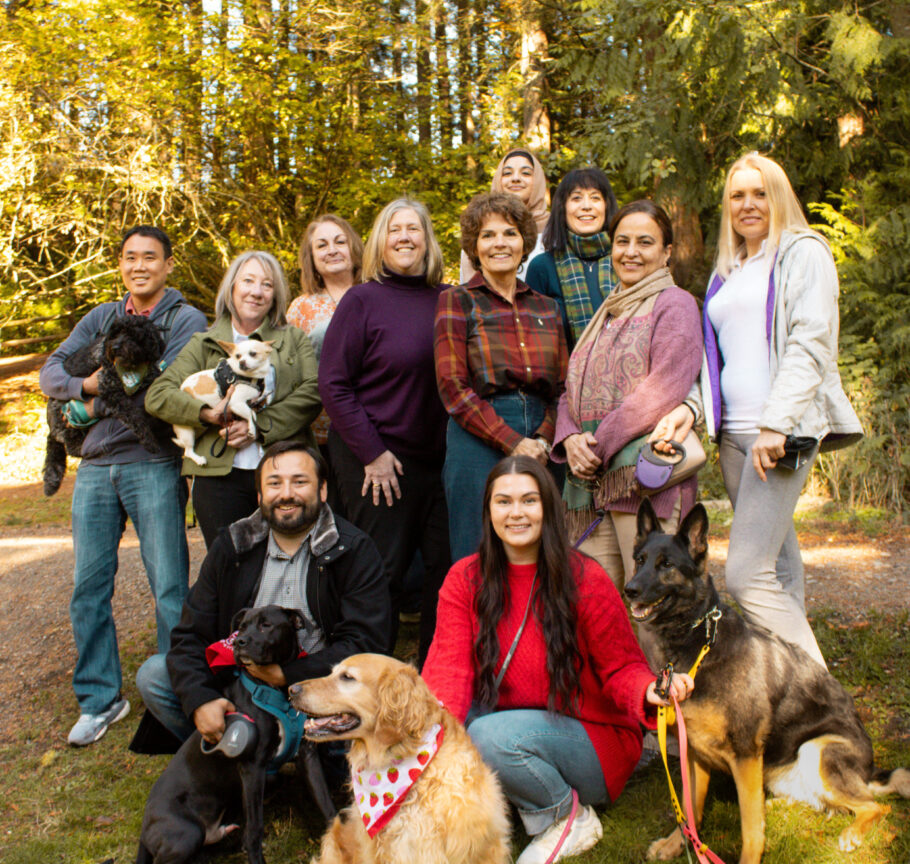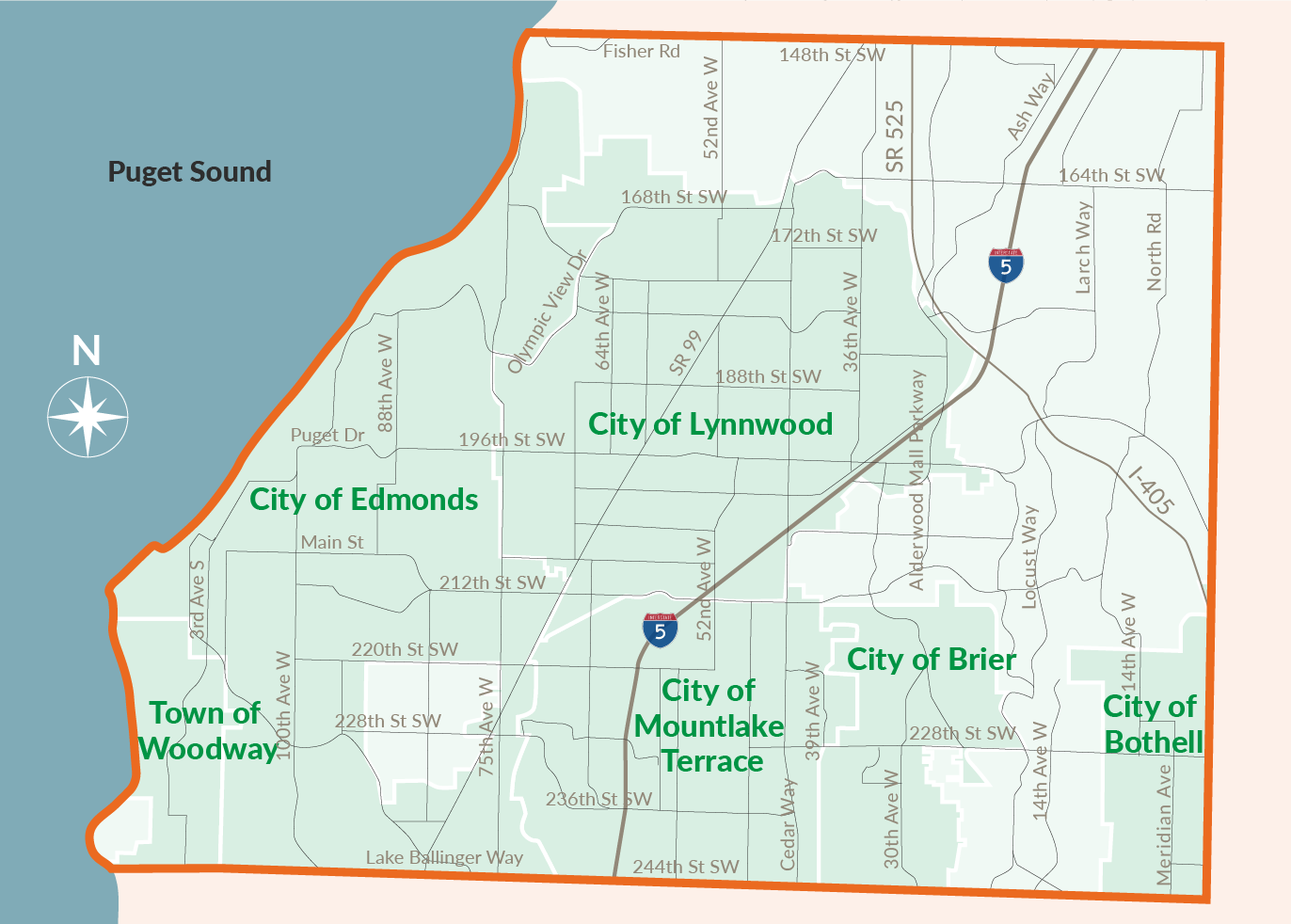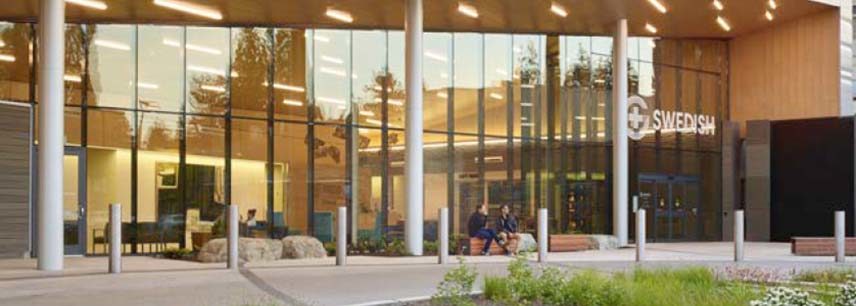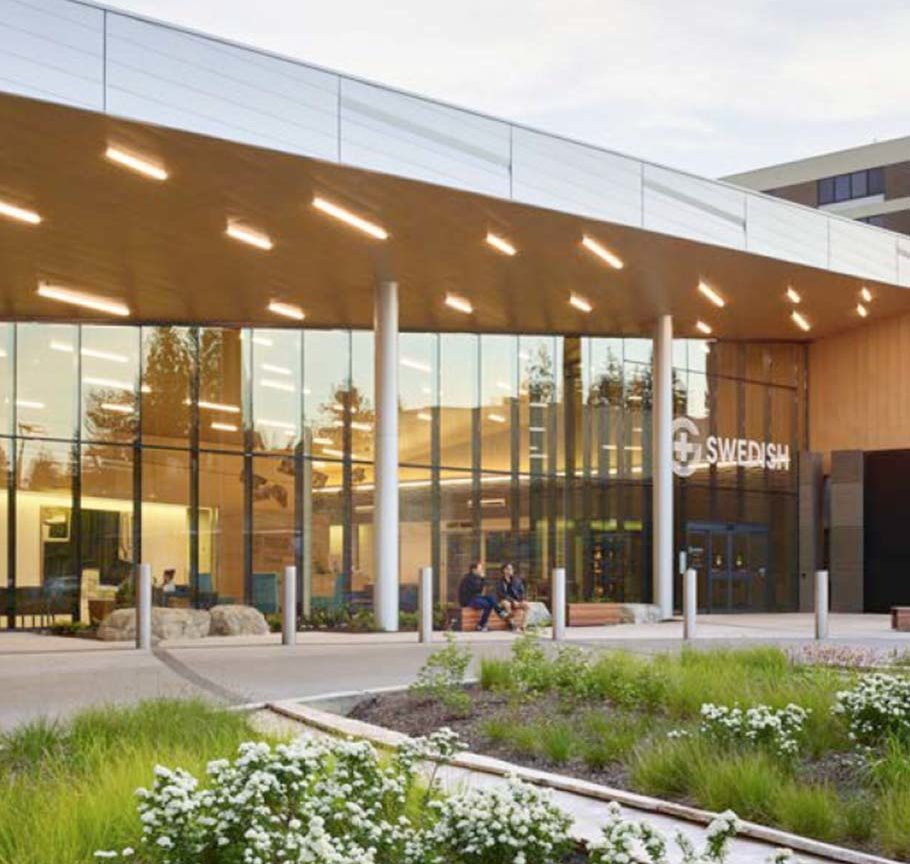To improve the health and well-being of our whole community.
Our Vision
To be a leader of community health services that:
- Ensures a full range of acute hospital and outpatient services for residents of South Snohomish County
- Invests in programs that enhance the overall health of our community through partnerships
- Convenes partners and the community to facilitate ongoing communication and collaboration
Our Values
Compassion: We act with compassion and care for our whole community.
Accountability: We fulfill our responsibilities to our whole community and to each other with integrity and by investing in programs that demonstrate worthwhile results.
Respect: We are inclusive and treat all with dignity, honesty, and fairness.
Excellence: We are leaders in investing, convening and empowering individuals to achieve health and well-being.
Stewardship: We strive to use all resources wisely for the health improvement of our whole community
Equity
At the Verdant Health Commission, we see equity as an integral part of our work and vital to fostering healthy individuals and communities in South Snohomish County. We recognize that our community is increasingly diverse and yet there are significant disparities in accessing healthcare services that affect well-being. Equity to us means that all people – regardless of race, ethnicity, age, gender, sexual orientation, religion, zip code, health and ability status, have equal and inviolable dignity, value and the opportunity to live a healthy life and reach their full potential.
We commit to examining how Verdant’s work can support and encourage communities to become places where diversity thrives, where inclusion and belonging is the norm and where equity in all its forms is the desired outcome. That commitment begins within our organization and with the community. We welcome difficult conversations and commit to continuous learning about how to do better. Through critical examination of the values, policies and procedures that drive our internal culture and external engagements, we will strive to design our work so that we advance the communities that we aim to serve.
Land & Enslaved People’s Acknowledgment –
Public Hospital District #2, Snohomish County (the Verdant Health Commission), recognizes that we live and work on the ancestral homelands and traditional territories of Indigenous peoples who have been here since time immemorial.
We also recognize that many enslaved and contracted peoples were forced to dedicate their work to the construction of what is now the South Snohomish County area.
In recognition that this land is colonized Indigenous territory that has been designated through slaves and hired labor, it is our collective responsibility to critically interrogate the stories and later lives of these people, and to honor, protect and sustain this land.
After consultation with commissioners, we are moving forward with a new statement to be read at public board meetings that is modeled after the one read aloud at Edmonds School District meetings: “We respectfully acknowledge that this meeting is being held on the traditional lands of Duwamish, Skokomish, Snohomish, Snoqualmie, and Suquamish and other Coast Salish Tribes.”



